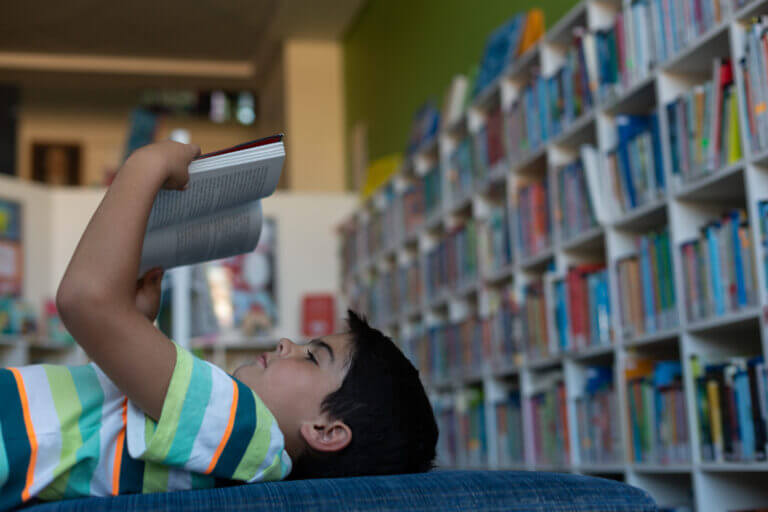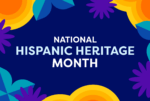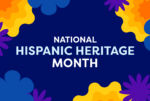In a highly technical world, there is something quite magical about the timelessness of the public library. And the impact and importance of libraries spans decades, centuries even, dating back to 4th century BC in Athens, with texts written and shared on perishable materials like papyrus and parchment. Over time, libraries have evolved to what we know them as today, serving as community cornerstones and giving free access to books, resources, and information.
The Importance of Libraries
A study by Pew Research Center found that 94% of Americans agreed that having a public library improves the quality of life in a community, and 95% said that libraries give everyone a chance to succeed and promote a love for reading. It’s clear that the impact of public libraries is far greater than what meets the eye, and here are just a few of the reasons they are so important to the communities they serve:
Libraries build a sense of community.
Libraries have been called great equalizers, breaking down barriers and bringing people together of all ages, backgrounds, and abilities. So, whether you join a monthly book club or read book submissions from local authors, you’re broadening your horizons, making connections, and learning from other members of your community—ones who you may have never crossed paths with otherwise.
Libraries promote education.
Beyond the free access to books, periodicals, and computers, many libraries also offer valuable educational services including tutoring, learning camps, and homeschooling resources. Libraries like the San Diego Public Library host STEAM (science, technology, engineering, art, and music) events for kids where they get to experience life as an astronaut, learning about the solar system and working together to build robotic, space-related projects. Libraries like this one and many others also support homeschooling families by providing sample curricula, office supplies, and rooms for hosting events and co-ops.
Libraries are empowering.
Libraries are a safe, welcoming environment for people of all ages to develop many different types of skills or achieve personal goals. Whether you’re learning to read, exploring a new hobby, applying for a job, or completing a school assignment, the library has the tools that can help you succeed. Here, you can access free Wi-Fi and computers in addition to the seemingly endless shelves of books and periodicals.
Libraries preserve history.
Original and historical documents are digitized and maintained at libraries, including American periodicals. This helps preserve our history and the nation’s cultural heritage, as well as provide an opportunity to better understand others’ points of view. If you ever get the chance, visit the New York Public Library to explore its database of over 1,800 newspapers, magazines, and journals, all published between 1740 and 1940.
Celebrate National Reading Month.
This National Reading Month, take a trip to your local public library to explore all the different services they offer—you may be surprised at what you find! My local library has a seed library, and we can obtain three packets of seeds per month along with gardening resources like books, calendars, and charts that help guide you as you garden throughout the year. Plus, regular trips to the library help to inspire a lifelong love for reading within yourself and your kids. For resources that will help encourage your child to embrace reading, go to the K12 Leading With Literacy hub.






























































































